Pipa player promotes ancient instrument with rare passion
Updated: 2016-08-08 07:57
By Chen Nan(China Daily USA)
|
|||||||||
Chinese pipa player Wu Yuxia never says "no" to educational performances and projects since she believes that spreading the word about the four-stringed lute, a Chinese musical instrument with more than 2,000 years of history, is her life's work.
"Whenever I get the chance to do a concert for a young audience or invite students for a collaboration, I go for it," says Wu.
The Shanghai-born, Beijing-based pipa master has been playing the traditional instrument for nearly 50 years.
After a music summer camp in Wuhan, capital of Central China's Hubei province, where she conducted a 108-student band playing the pipa, Wu, 59, is to perform at the Forbidden City Concert Hall in Beijing on Sunday.
The concert is part of Gateway to Music, an annual event started by the government 20 years ago to attract audiences with a variety of performances, ranging from classical to traditional Chinese folk music, and with low ticket prices.
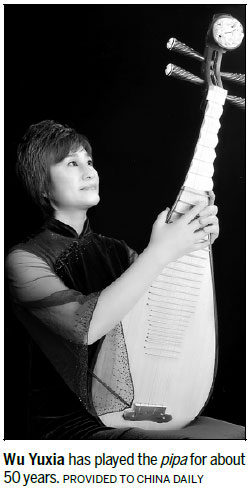
Wu will collaborate with 17 performers, aged between 6 and 10, to play classical pipa pieces, including Wild Dance of the Golden Snake, a folk rearranged by composer Nie Er (1912-35). Besides group performances, Wu will do solo interpretations of classic pipa works, including Ambush from Ten Sides.
"I do whatever I can to make the pipa be seen and let the audience get to know the instrument," says Wu.
"One of the most important things that happens when I conduct these educational programs is that people get exposed to Chinese music and culture.
"Personally, I also harvest from these performances. Though I am nearly 60, I still get excited once I stand by the curtain."
Two of Wu's students, Zhang Ruige and Fan Juantong, will perform with her.
Both of them have been learning the pipa with Wu since they were very young. Fan is now studying at the China Conservatory to be a professional pipa musician, while Zhang is pursuing his studies at Tsinghua University.
"They are good examples of how music changes lives. I want to show people that the instrument is full of color and not beyond reach," says Wu.
One of the main reasons why Wu is so keen on teaching young people is that she started learning pipa through a similar kind of program when she was 10.
Drawn to the sound of the instrument produced by her fingernails and the four strings, she surprised her parents and teachers with her musical talent.
With the encouragement of her father, who bought Wu her first pipa as a gift after she won a competition and became a member of a children's art troupe in Shanghai, Wu then concentrated on pursuing a career as a pipa player.
In 1977, Wu came to Beijing to study with pipa masters, including Wei Zuguang and Liu Dehai, at the Central Conservatory of Music and the Beijing Dance Academy.
As the principal pipa player at the China National Traditional Orchestra after her graduation, Wu performed at famous venues, including the Golden Hall in Vienna and the Lincoln Center for the Performing Arts in New York.
Speaking about the versatility of the instrument, Wu says: "The pipa has a complete system in terms of performing and teaching. It can be used to perform a solo or in chamber music. It can be very quiet and very powerful at the same time."
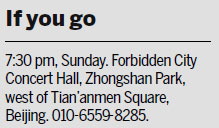
Last year, Wu quit her job as the deputy-director of the China National Traditional Orchestra and started working at the Chinese National Academy of Arts, focusing on developing educational programs and promoting the instrument.
"I have hundreds of performances every year. But, from my experience, I want to ask our audiences not to stereotype the instrument," she says.
chennan@chinadaily.com.cn
(China Daily USA 08/08/2016 page9)
- Nepal's newly elected PM takes oath
- Texas gun law worries incoming students
- China vows to deepen economic, trade cooperation with ASEAN
- Fire guts Emirates jet after hard landing; 1 firefighter dies
- Egypt's Nobel-laureate scientist dies of illness in US
- THAAD muscle flexing unmasks anxiety over declining hegemony
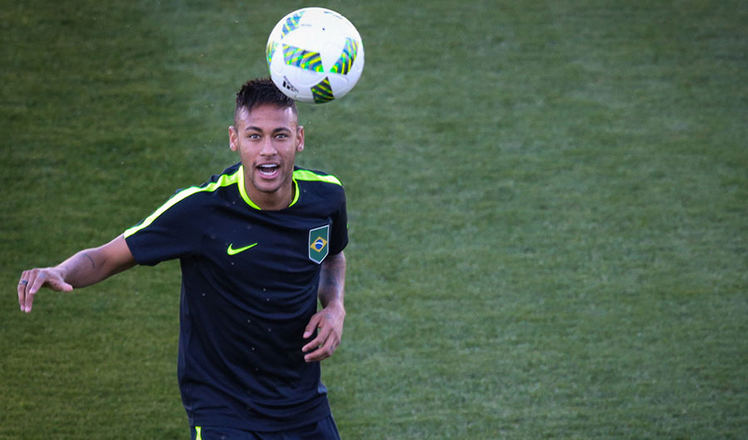
 Big names train for Rio 2016
Big names train for Rio 2016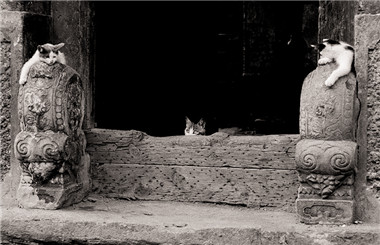
 Photo exhibition narrates charm of old Beijing
Photo exhibition narrates charm of old Beijing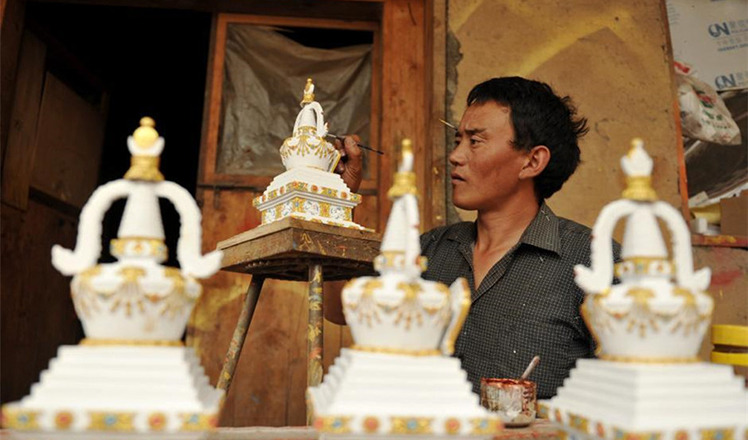
 Traditional Tibetan handicrafts kept alive in SW China
Traditional Tibetan handicrafts kept alive in SW China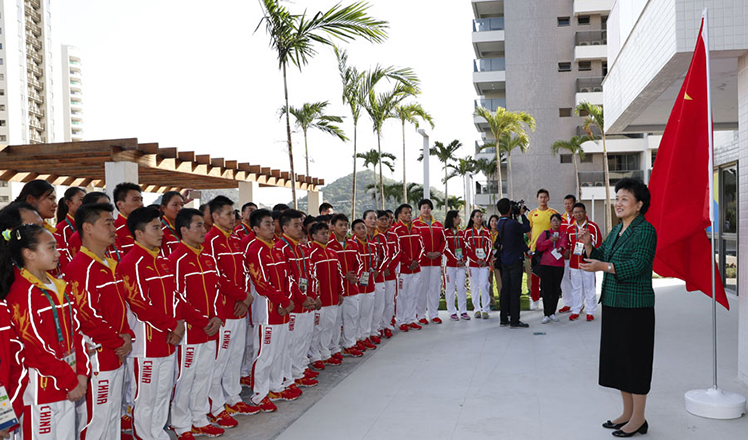
 Chinese Vice Premier visits Olympic delegation
Chinese Vice Premier visits Olympic delegation
 World's fastest bullet train to start operating next month
World's fastest bullet train to start operating next month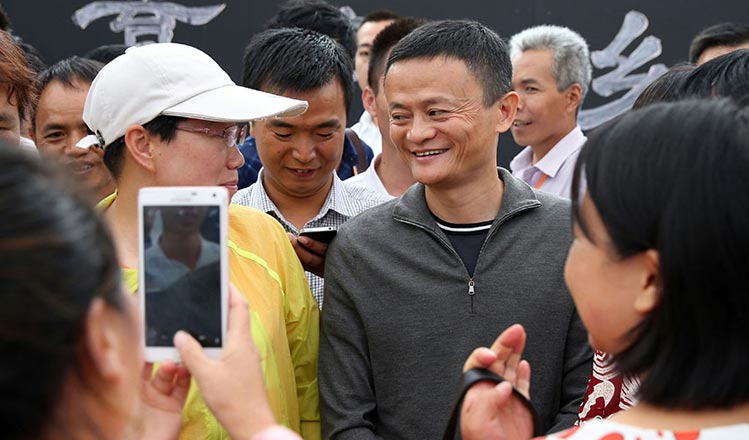
 Jack Ma visits rural school, meets teachers
Jack Ma visits rural school, meets teachers
 Top 8 global market leaders from China
Top 8 global market leaders from China
 After Typhoon Nida, torrential rain hits S. China
After Typhoon Nida, torrential rain hits S. China
Most Viewed
Editor's Picks

|

|

|

|

|

|
Today's Top News
US launches airstrikes against IS targets in Libya's Sirte
Ministry slams US-Korean THAAD deployment
Two police officers shot at protest in Dallas
Abe's blame game reveals his policies failing to get results
Ending wildlife trafficking must be policy priority in Asia
Effects of supply-side reform take time to be seen
Chinese State Councilor Yang Jiechi to meet Kerry
Chinese stocks surge on back of MSCI rumors
US Weekly

|

|









